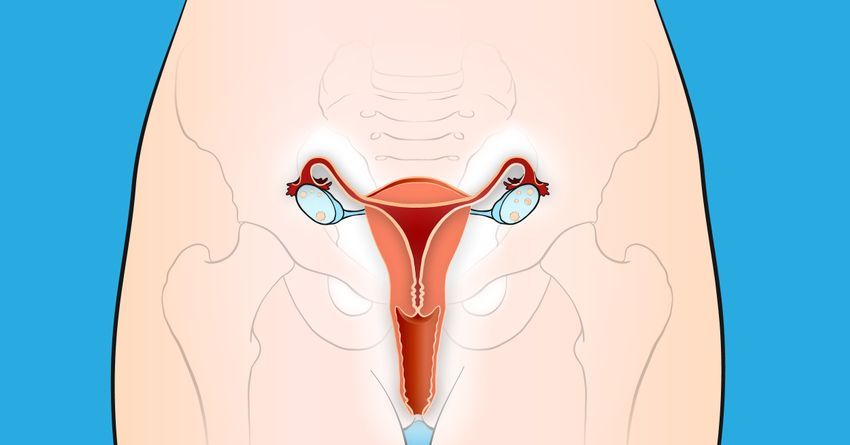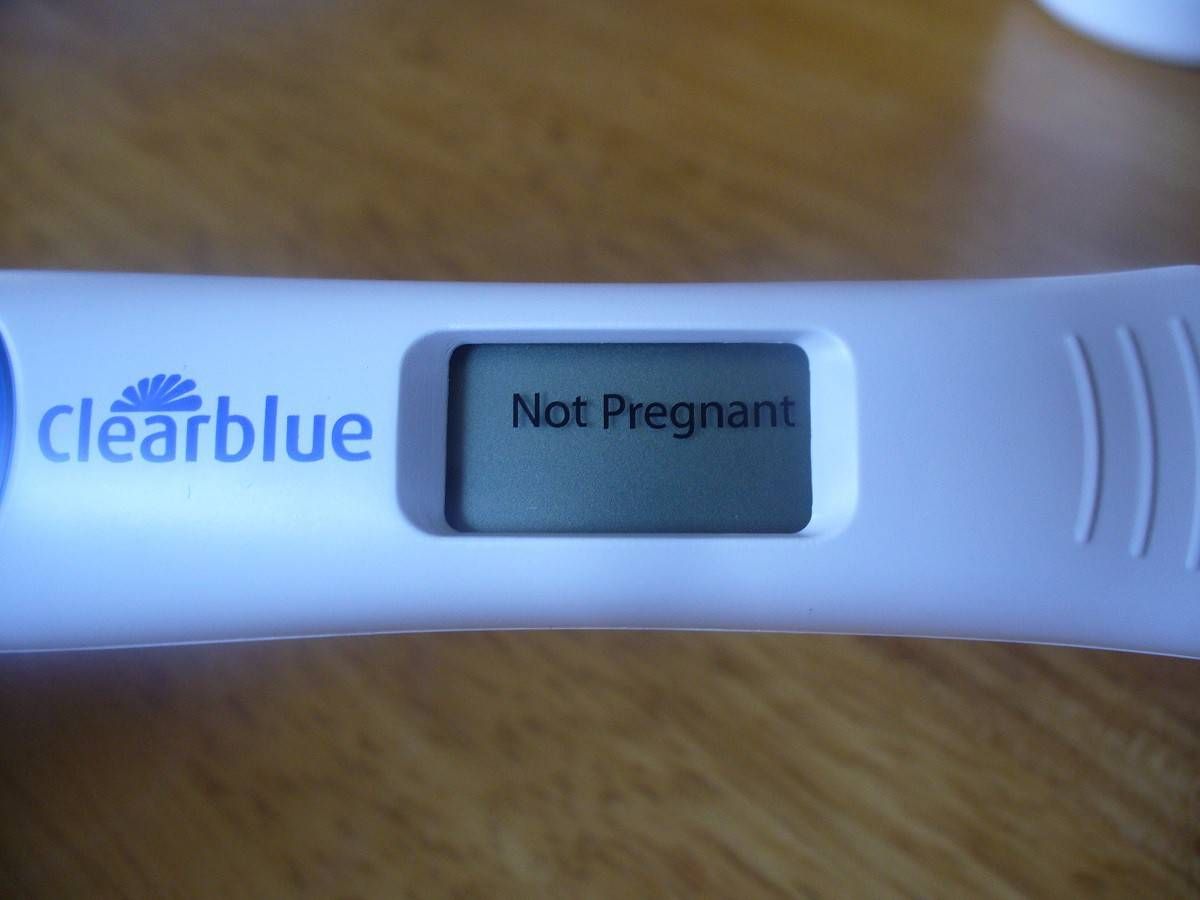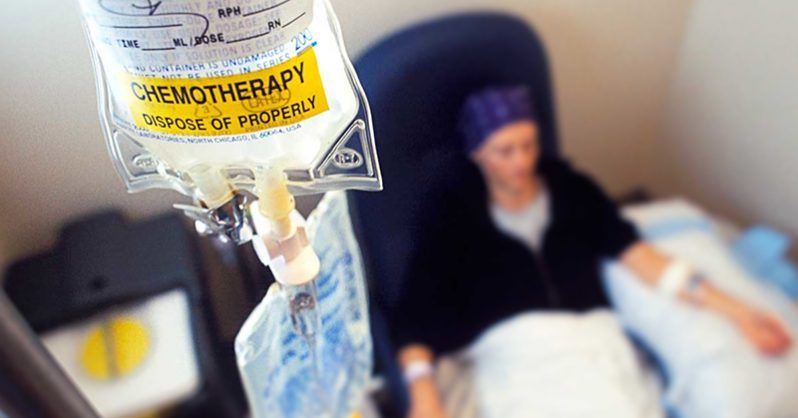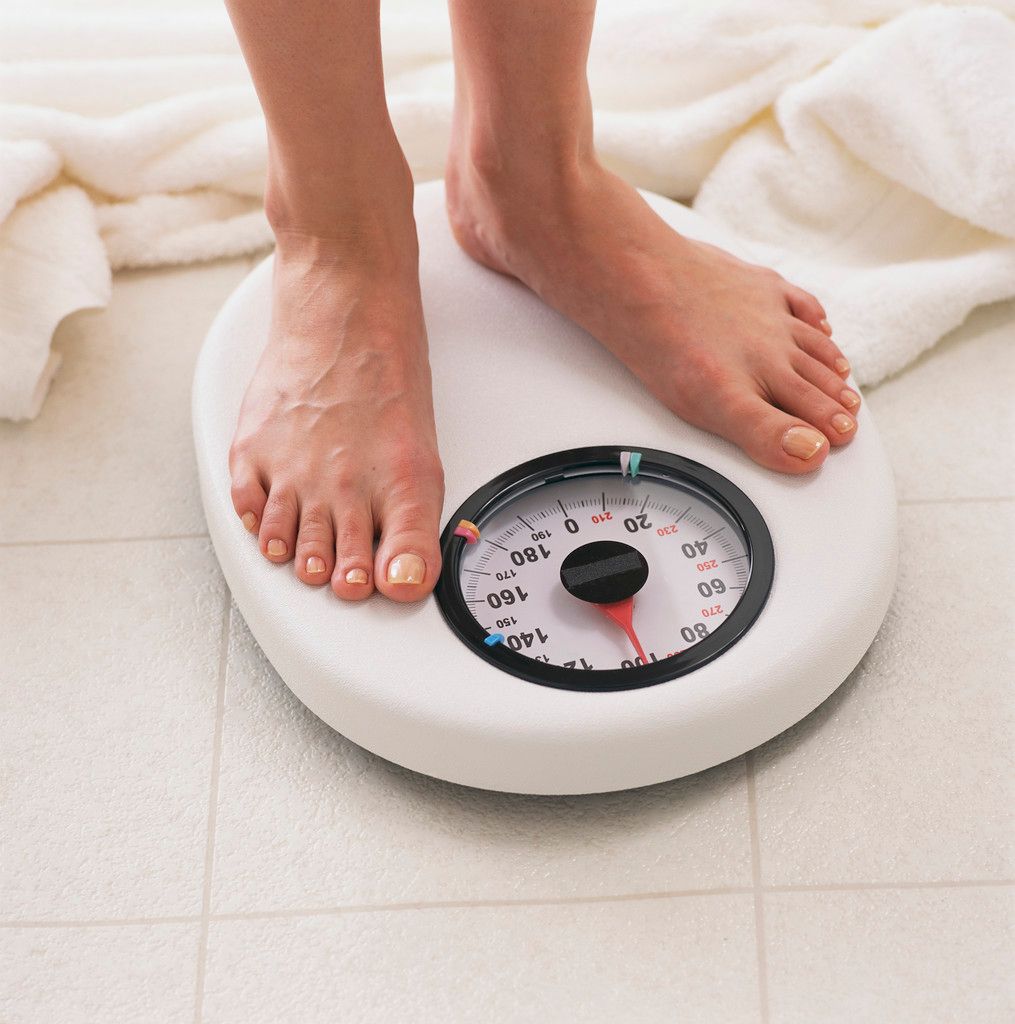Menopause happens to all of us, and believe me, it's no walk in the park. Unless that park is on fire and you literally can't escape it. And that's just the hot flashes...
While you can't really stop it from happening, you can prepare yourself. If you know when it's going to happen, you are less likely to be caught by surprise by all of those symptoms as your body starts changing drastically.
The average age that women go through menopause is 51, but sometimes it can start as early as 40. But there are a few warning signs that you can look out for, things that you do or have happened in your family, that may be able to help you predict whether or not you'll be going into menopause early.
1. Family history of early menopause

If your mom, or your mom's mom, went through menopause early, it's much more likely that the same will happen to you.
Dr. Sharmila Makhija, a gynecologist, said, "If your mother had an early menopause, you are six times as likely to have the same experience."
That's a pretty huge increase, so it's pretty clear that genetics have a good amount of influence.
2. You've had problems getting pregnant
If you had a lot of issues getting pregnant, and were diagnosed with diminished ovarian reserve (DOR) as a lot of people who go through fertility treatments are, it means that you will likely experience an early menopause.
This is because you have fewer eggs, and with fewer eggs, the sooner menopause will begin.
3. You've gone through cancer treatments
Going through cancer treatments is never easy, but if you've successfully made it out onto the other side, you should know it's not over just yet.
While going through the treatments, your body is subjected to high levels of radiation and chemicals, which may lead to premature ovarian failure, according to Dr. Makhija.
"Cancer treatments, such as chemotherapy and pelvic radiation, often damage ovarian tissue, resulting in premature ovarian failure and thus, causing menopause," Dr. Makjiha said.
It doesn't mean that it will start as soon as your treatment is done, but it may start sooner than it would have otherwise.
4. You experience stress regularly
Stress is never good for you. While you can't always control it, you should know that it's affecting your body in a lot of ways.
Dr. Patricia Pollio, ob-gyn, explained why this happens.
"Extreme psychological stress may result in impaired ovarian function," she said. "As I explain to my patients, from an evolutionary standpoint, reproductive function will be switched off or suppressed if the body senses extreme stress of any sort."
5. You are underweight
A lot of people focus their energy on losing weight, but there are some people who sit on the other side of the scale and weigh too little.
These people have a higher likelihood of going through menopause early because of the lack of estrogen in their bodies.
"Estrogen is stored in fat tissue, so being overweight or obese increases the likelihood of having a later onset of menopause since there is more estrogen," Dr. Makhija said. "Being thin, as a result of either poor nutrition or having an eating disorder, means there is less fat, and thus less estrogen, and a higher likelihood of having an early menopause."
6. If you smoke, or live with someone who smokes

Everyone knows that smoking is bad for your lungs, but it turns out that it can also lead to an early menopause.
Researchers from the Roswell Park Cancer Institute found that women who smoked more than 100 cigarettes in their lives were 26% more likely of beginning menopause before 50.
7. If you've had surgery on your uterus

This one seems a little bit obvious, but unfortunately it's true, having surgery on your uterus or ovaries will likely lead to an earlier menopause.
Even if it's only one ovary that was removed, the amount of estrogen and progesterone in your body changes, which will lead to an earlier menopause.
Hysterectomies, removal of the uterus, can also lead to an early menopause even though they try to prevent it by leaving the ovaries in place. Dr. Makhija explains, "The removal of the uterus can cause this same surgical menopause since the blood supply to the ovaries is modified."
Obviously, the best thing to do would be to talk to your doctor about all your risk factors if you're looking to prepare yourself for menopause.
Don't worry though, it's not all bad! There are some GOOD things that come after menopause!
And there are ways to reduce the number of hot flashes you get, you just need to know the triggers.
Source - Readers Digest





